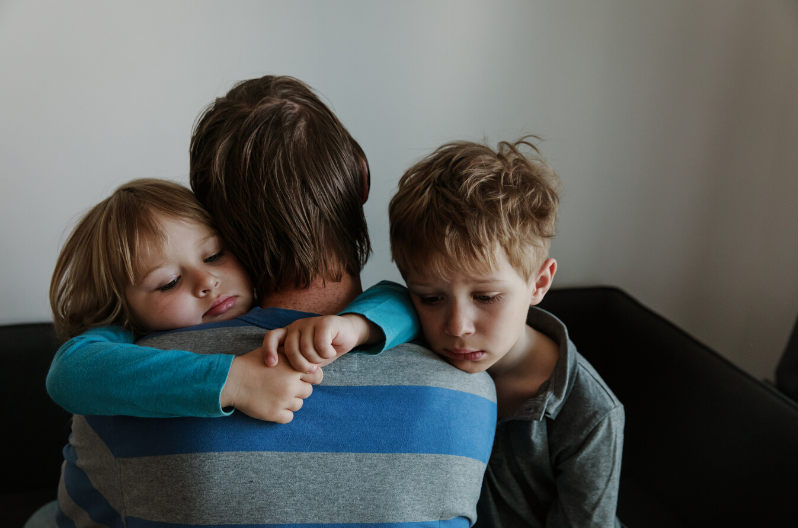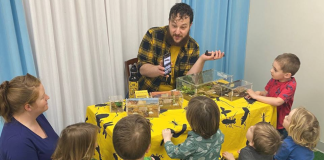 I have to say that looking back on my childhood, I had it pretty good. I had two wonderful loving parents. They may not have been perfect, but no one really is. They may have had an unpleasant divorce when I was in High School, but I still had loving parents whose goal was to make sure I was happy and healthy. There was definitely stress at times – I think frankly that is unavoidable. However, there was always support and assistance to work through these stresses. As for “toxic stress”, I feel my family did well to make sure that wasn’t in our vocabulary.
I have to say that looking back on my childhood, I had it pretty good. I had two wonderful loving parents. They may not have been perfect, but no one really is. They may have had an unpleasant divorce when I was in High School, but I still had loving parents whose goal was to make sure I was happy and healthy. There was definitely stress at times – I think frankly that is unavoidable. However, there was always support and assistance to work through these stresses. As for “toxic stress”, I feel my family did well to make sure that wasn’t in our vocabulary.
My husband had a very different upbringing. This is easily seen with the way he interacts with people, the way he manages his relationships, and how he handles his day to day stresses. I am not going to go into details of his childhood, as it is not my story to tell.
Now that you have a vague idea of where I am coming from, let’s talk about what toxic stress is.
Harvard University explains that “Toxic stress response can occur when a child experiences strong, frequent, and/or prolonged adversity—such as physical or emotional abuse, chronic neglect, caregiver substance abuse or mental illness, exposure to violence, and/or the accumulated burdens of family economic hardship—without adequate adult support. This kind of prolonged activation of the stress response systems can disrupt the development of brain architecture and other organ systems, and increase the risk for stress-related disease and cognitive impairment, well into the adult years.”
The easy answer for reducing toxic stress is to avoid abuse, neglect, violence, etc. Some things, like economic hardship, are much harder to control. For a parent who has grown up in those types of environments and never had adequate support, it is not that easy.
The first thing we have to tackle is the damage toxic stress has done to the adults. It has been important for us to improve our communication and be supportive of each other. This can be difficult in any relationship, but it can be very difficult to discuss a traumatic past and express fears you might have for your children or about your parenting ability. But communication here is key. It is also important to identify the potential for “adversity” down the road. For example, with alcoholism running strongly on both sides of our family, we no longer keep alcohol in our home and it is a rare occasion that we drink.
Another thing is to be on the same page and keep each other in check. Making sure you agree on discipline, consequences, and rewards is incredibly important. You need to have the same expectations for your kids and for each other. And let’s face it, parenting is hard. Some days you are tired, stressed, kids are screaming, and you feel like you are going to snap. You need to help each other. Learn to scream in a pillow and get back to your kids. Take over for your spouse when you see they are on that edge. Ask friends or family for help.
For our children, we make sure they know that they are loved, that we are always there for them, and that we support them. Helping them through “healthy” stress and teaching them how to cope helps build the resilience needed to overcome the more difficult stresses.
Remember that young kids are sponges – they soak up so much. You might not even think they are old enough to understand what is going on, but they absorb what they are witnessing. Make sure any arguments don’t occur in front of them. They need to see healthy communication.
This is just a glimpse into toxic stress from the eyes of our family. There can be many other factors causing toxic stress for children that are beyond anyone’s control. The most important thing for children in these situations is to have an adult that they can depend on, who supports them.










